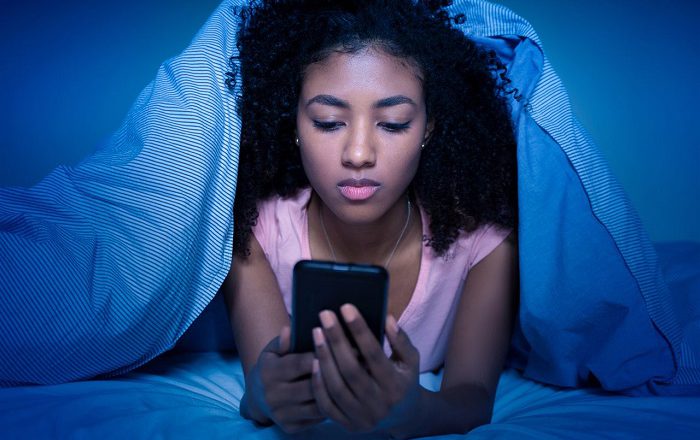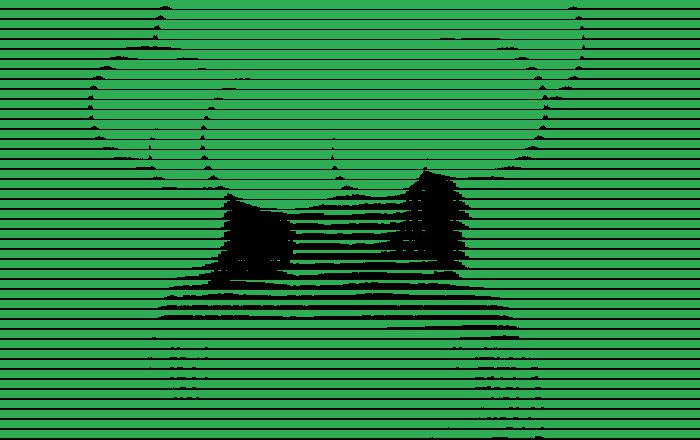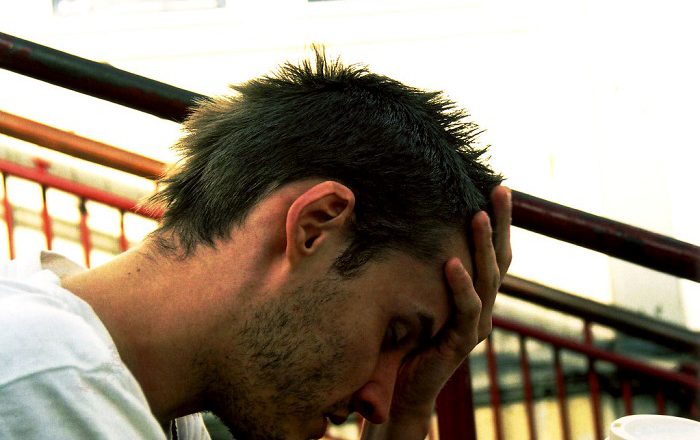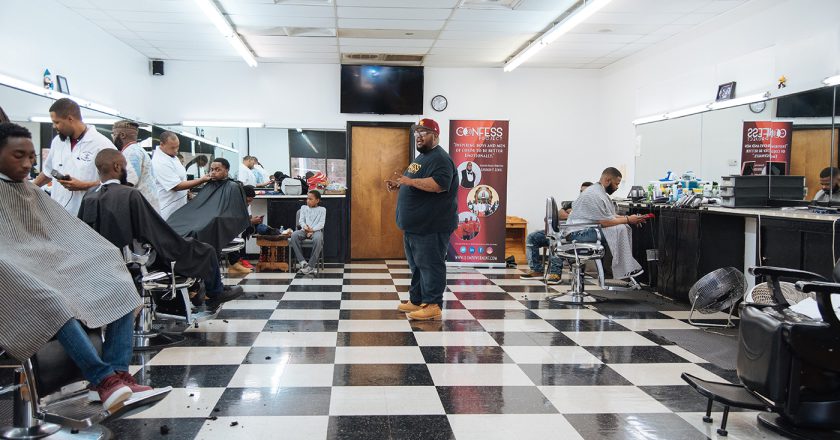With Back To School Comes Back To Sleep
(BPT) - The start of the new school year is the perfect time to renew habits that keep students happy and healthy — including sleep. Unfortunately, many children and teens don't get the amount of sleep they need to thrive at school. One culprit robbing many of their much-needed sleep is right on their phones — a recent survey from the American Academy of Sleep Medicine (AASM) found that 93% of Gen Z said they've lost sleep because they stayed up “past their bedtime” to view or participate in social media.
“Sufficient, healthy sleep is critical for students to excel in schoolwork, sports and extracurricular activities,” said AASM President Jennifer Martin, a licensed clinical psychologist. “When students get proper sleep, they are more optimistic, feel their best, and are better able to co...





